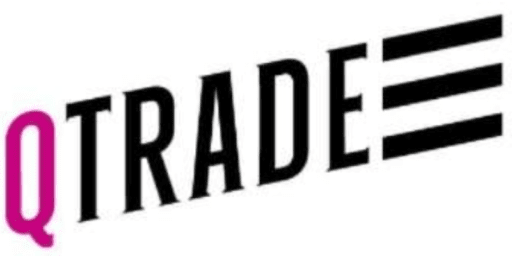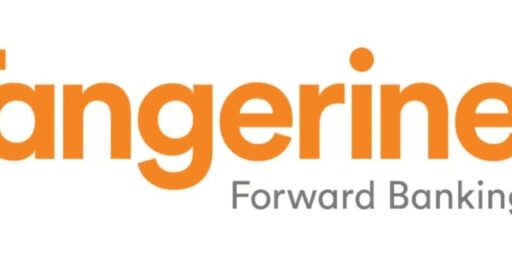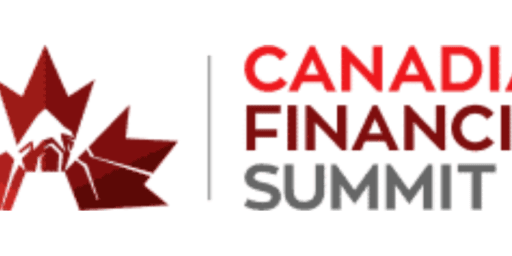Self-Employed Freelancer or Professional? How to File Your Income Taxes!
With fewer employers offering stable full-time positions, instead opting for part-time and contract work, self-employment is on the rise. According to the latest jobs numbers from Statistics Canada, self-employment rose 3.6 per cent in August 2013. With over 2.6 million Canadians relying on self-employment for their livelihood, it’s more important than ever to understand how to file your income taxes.
Are you operating a sole proprietorship, partnership or corporation?
Before you file your income taxes, it’s important to know which type of business you’re operating. If you’re running a corporation your taxes are a lot more onerous; you’ll need to complete Form T2 since your business is considered a separate legal entity. It might be best to stick with an Accountant to file your corporate taxes.
If you’re running a sole proprietorship or a partnership, you can simply complete Form T2125: Statement of Business or Professional Activities with your Income Tax and Benefit Return. Since you haven’t incorporated your business, the person and the business are the same legal entity. As a freelance writer I completed Form T2125. The good news is most tax software, such as StudioTax, includes Form T2125, so you’ll be able to complete your income tax yourself.
Completing Form T2125: Statement of Business or Professional Activities
You’ll need to complete a separate Form T2125 form for each business or profession you operate. It’s important to know whether you’re running a business or a profession. The main difference between business and professional income is that business activity has inventory, while professional activity has work-in-progress. As a freelancer I completed the section for professional income.
In the identification section you’ll need to complete your basic personal information, including your name, business name, business address, and fiscal period. You can leave the sections that don’t apply to you blank, such as tax shelter identification number and partnership business number.
The only tricky part is the industry code. According to Canada Revenue Agency (CRA), you’ll need to enter an industry code that corresponds to your main business activity. If more than one code corresponds to your business, or if your business has more than one activity, use the code that most closely describes your main business activity. For example, as a freelance writer I used industry code 711513: Independent writers and authors. Your income tax software should provide industry codes to choose from. You can visit the CRA website for more information on industry codes.
Part 2 – Professional income
In “Part 2- Professional income” you’ll need to enter the income you earned during the year through self-employment. After ticking the box for professional income, enter your income earned from self-employment (otherwise known as your gross professional fees including work-in-progess (WIP) and GST/HST collected or collectible). Deduct any costs (but not expenses) you had during the year; if this is your first year, you’ll more than likely not have any costs.
Calculation of business-use-of-home expenses
If you operate your business out of your home like most freelancers, you’ll be able to deduct a portion of your expenses related to business activities. Home office expenses include heat, electricity, insurance, maintenance, mortgage interest, and property taxes.
Similar to rental income, you’ll need to allocate expenses based on the size of your office. For example, if your office takes up 10 per cent of your home, you can claim 10 per cent of your expenses; if you pay $200 a month in heating, you can claim $20 a month.
It’s important to be reasonable when claiming business expense. You can use the square footage of your office versus the total square footage of your house to determine the amount of expenses to claim. For example, if your house is 1,000 square feet and your office is 50 square feet, you can deduct 5 per cent of expenses.
Once you’ve claimed your expenses, you’ll be able to determine your gross and net income. These amounts are then reported on your T1 return on lines 135-143 in the self-employment section.
Tax Tips for Freelancers
- HST: If your total revenues from taxable supplies are greater than $30,000 you’ll need to register for GST/HST.
- Receipts: It’s crucial to keep your receipts during the year related to business activities. I find it’s helpful to write at the top of each receipt when it’s related to business activities and keep them filed away on their own.
- Taxes: As a freelancer budgeting is crucial. Unlike when you’re employed for a business, your income tax isn’t withheld at source. You’ll need to budget throughout the year so you have enough money to pay any taxes owing. It’s a good idea to save a percentage of your income for taxes based on your marginal tax rate. Saving 30 per cent towards income tax is a safe beat. If your net tax owing is more than $3,000 in the current year (2013) and either of the previous two years (ex. 2012 or 2011), you’ll have to pay your taxes by installments.
Are you self-employed? Do you file your taxes yourself?
About the Author: Sean Cooper is a single, 20-something year old, first time home buyer located in Toronto. He has experience in the financial sector as a Pension Analyst, RESP administrator and Income Tax Preparer. He holds a Bachelor of Commerce in business management from Ryerson University. You can read some of his other articles here.
I've Completed My Million Dollar Journey. Let Me Guide You Through Yours!
Sign up below to get a copy of our free eBook: Can I Retire Yet?










Hey Sean,
Thanks so much for this blog post! I am very new to the freelance world and I was wondering, what do you put in under insurance, mortgage interest, and property taxes? Is this also based on the square footage of your office? Say my property taxes are $2,600 a year, should I put $260?
I am really confused with the Mortgage Interest portion. Really don’t get what to put there lol!
Thanks!
@Carolyn
If you have invoiced the client in December then it is considered income in the month invoiced and you would be required to report it with your other worldwide income that year. The date of receipt is not relevant unless they fail to pay, at which time you would want to claim a bad debt expense in the year it was deemed uncollectable.
Good luck with your blogging!
@Carolyn, @CanadaDry
What if I invoice on Jan 1, 2015 for work done Dec 1-31, 2014? I understand it is not collectible in 2014, but is that considered work in progress?
The guide (http://www.cra-arc.gc.ca/tx/bsnss/tpcs/slprtnr/rprtng/t2125/prt2-eng.html) says only certain professions can exclude WIP. Is this strictly enforced?
Marc, unless you have registered to collect and remit GST then you cannot just charge it on an invoice. The CRA has established criteria when a business or individual MUST register for GST/HST and has info on their website.
Some advice I received some time ago is that if you are selling to the public, it may be beneficial to register from the beginning so as not to have a 5-14% increase in the total invoice when you reach the required registration threshold. Most businesses are indifferent because they may claim the GST paid as an ITC or rebate.
Good luck!
I am thinking of working as a freelance writer in Canada. I wonder if I should add GST or HST or any other tax to the invoice for every article I write.
I also wonder if I have to pay any monthly fee to the goverment in order to operate.
Thanks.
Marc, if you do more than $30k in worldwide revenues annually, then you’ll need to charge gst/hst to any Canadian company that pays you.
Hi, I work in a place where I submit my honorariums after the project is done, every 2-3 weeks. My income was less than $20,000 in 2013. How I put the GST/HST in my tax return? Do I have to deduct the % from the final invoice I submit to the company every period? Many thanks
@Carolyn, it depends on how you do your accounting, but for me, I count the deposit date into the account.
I’ve just started freelance blogging this year. Thanks for the tips, I think that it’s pretty well the same for this year…
What I am wondering is if I invoiced for 2 blog posts that were published in Dec. 2013 (invoiced same month), but I didn’t received payment by cheque until Jan. 2014, is that considered 2014 income or 2013 income? I am assuming as the cheque is written in 2014, it’s for that year?
Carolyn
consultants with minimal expenses should register for the quick method for GST/HST. You will end up with money in your pocket. CRA recently raised the income cutoff for this as well.
“Crammer.” Awesome! ;)
Thank you very much for the tips. Will do.
My wife is a soon to be hairstylist. For now, she is just cutting friends and family hair. Hopefully it will lead to full time. What kind of business/tax-filing method would be best suited, taxation and legal-wise? Very unlikely but if she lops off a customer’s ear lobe, I would much rather have that NOT affect our personal financial situation.
Thanks in advance for your time and for reading through my awful crammer and punctuation.
@Doug, if you want to make it a serious business with reduced liability risk, you should consider incorporating. Otherwise, look into liability insurance.